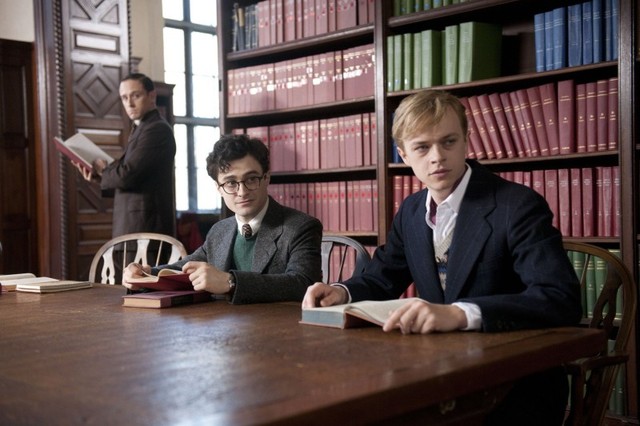Film Review: Young Allen Ginsberg Gets Involved In Murder In Beatnik Biopic Kill Your Darlings
Proto-Beatnik Biopic Finds Ginsberg, Kerouac Involved In Murder Most Foul


Poor Daniel Radcliffe just can’t seem to get out of school.


